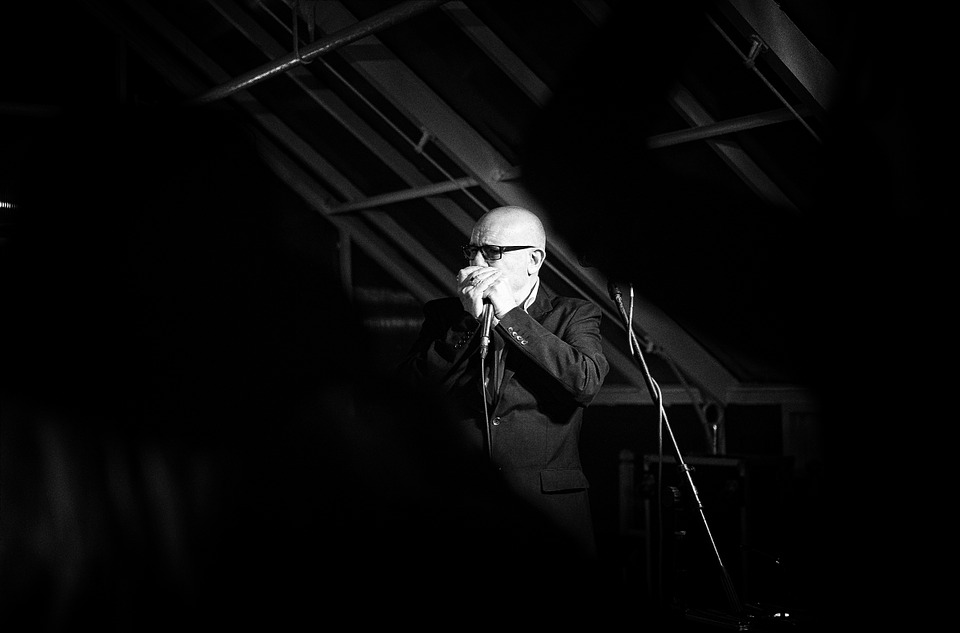
Firstly you need to decide what kind of music you want to promote, musical directions, and music policy in general. Come up with an idea for a label, something that will distinguish you from everyone else. In the beginning, do not dangle too widely in different styles and genres – only big fat major labels can afford it. It’s better to concentrate on one “your very own” direction, two at the most.
- Next, you should think up a name, maybe develop some kind of visual concept – a logo, corporate identity, etc.
- It is desirable to register a legal entity through which all formalities will be committed – contracts, money, etc.
- If you want, you can brand the name and logo as well.
What is a music label without an official website?
You need a website, it is also desirable to register pages on portals like promoband, myspace, promodj, create a group on facebook, etc. The site can contain information on all released and planned releases, biographies of the musicians, possibly information about parties and so on. Almost all labels have their own email newsletter.
To sell music you need to sign contracts with stores. In the case of digital distribution it could be stores like junodownload, audiojelly, trackitdown, beatport. If you want to sell your music on tangible media as well, you should first take care of producing CDs (or records), for which there are special factories that will be happy to fulfill your order for duplication of your music. But you still have to sell it.
In the case of online stores, the pareto rule is clearly in effect: about 20% of the stores will bring you 80% of all profits, but they all require the same amount of time. So it is your choice with whom and how to work.
Finding Music
The next step is finding music for the first few releases. If you’re a musician yourself, it’s easier of course – you can release some of your own work, plus bring in your musician friends who share your musical ideas and have interesting suitable music. But going forward the search for the most interesting, promising and fresh tracks and musicians should be one of your main activities in running your label. A label revolves around music, and you can’t have a good music label without good music.
You need to contract with musicians to transfer copyrights, and you’ll probably need to get rights for reproduction, broadcasting, editing, and some other uses. In general, I recommend buying a book called “Copyright and Related Rights Law” (memorize it!) and also reading the new Civil Code (you can also read the international copyright treaties, which would also help).
In general, it is desirable to start a music label together with enthusiastic friends and acquaintances, together with whom you can quickly and effectively develop your activity.
An example cycle of the label’s activity:
- Finding interesting music that is suitable for your label
- Signing contracts with music authors
- Posting information on website, mailing list, etc.
- Putting music in stores
- Getting money from stores for sold music (royalties)
- Payment of percent from royalties to authors (if by the terms of contract authors receive percent from sales, if you’ve already paid them the fixed sum, percent isn’t paid of course)
To maintain and develop your label you need to perform the following functions:
- A&R – search for music, work with musicians.
- Work with stores
- Advertising, PR (especially promotional material, contacting key people).
Sending out promos is very important part of label work, because if nobody knows about you then they don’t buy much and your label is useless for musicians. How and to whom do you send your promotional material? For example, a famous DJ, who plays your style (or close to it), comes to your city – give him a CD with your best releases. Send to all thematic Internet (and offline) radio stations, to famous DJs.
You can make an appointment with a famous DJ or musician and offer to send him your promo, usually people agree, at least in my practice no one has refused.
After such an agreement, the chance of being heard increases. Some people you’ve made contact with (or just friends/acquaintances) may support your releases (play at parties, turn on
